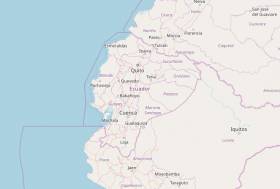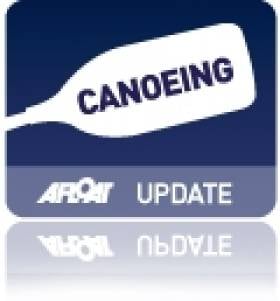Displaying items by tag: Sligo Kayak Club
Sligo Man Reportedly Dies In Ecuador Canoeing Accident UPDATED
#Ecuador - Afloat.ie has learned of unconfirmed reports that an Irishman has died in a canoeing accident in Ecuador today (Sunday 21 January).
The deceased is believed to be a member of Sligo Kayak Club. There is as yet no other details as to the location or circumstances of the incident.
Canoeing Ireland chief executive Paddy Boyd told Afloat.ie they are still waiting for more information, but extend their sympathies to the families of those involved.
Update on Sunday 21 January at 1700hrs: Sligo Kayak Club has offered its condolences to the family of club member and trainee-instructor Alex McGourty, 'who tragically died while fulfilling his dreams, kayaking in Ecuador'.
The club statement says: 'It is with profound sadness we announce the passing of club member and trainee-instructor Alex McGourty. The club would like to extend our deepest and heartfelt sympathies to Alex's parents Frankie and Eilish, his family and his friends. Alex will be greatly missed by all in Sligo Kayak Club. He was one of the finest young men we had the honour of knowing and paddling with. Ar dheis Dé go raibh a anam'.
Sligo Kayak Training Courses For Anyone New To Canoes
#Kayaking - Beginners are more than welcome to the Sligo Kayak Club as it prepares to host a series of training courses for anyone new to canoes this spring and summer, according to the Leitrim Observer.
This Level 2 training course will provide prospective kayakers with the basic skills and safety practices they need to get paddling on the water.
And on completion of the course, participants can become full members of the Sligo Kayak Club and avail of further training opportunities.
The €80 course - the first of which begins next Tuesday 9 April - will run for two hours every Tuesday evening over six weeks, with a Level 2 skills assessment on the final week. Gear rental is covered by the price (except for wetsuits and suitable footwear).
The Leitrim Observer has more on the story HERE.






























































